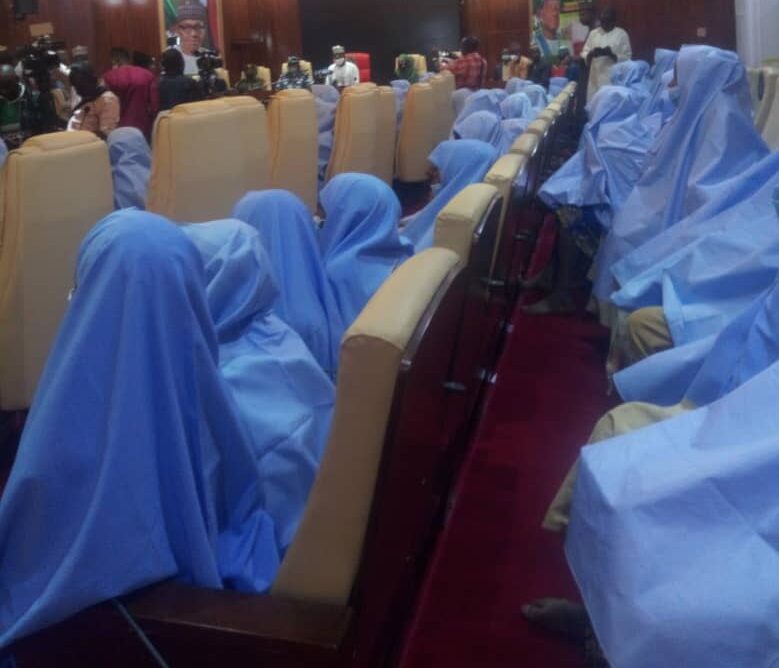A university don, leadership expert and analyst, Dr Ahmed Adamu has said the motive behind the frequent attacks on schools and abduction of students is that bandits have become desperate to engage with the government.
“The more government is involved, the more reward they think they will get and this goes to show the desperation among these armed gangs,” he said.
- Beware of COVID-19 third wave, PTF tells Nigerians
2 dead, 160 hospitalised as strange disease spreads in Kano
“They have seen what happened in the past when the Chibok girls were abducted and it gained international attention. If they want that kind of attention, they know they have to target the schools, by abducting students, they will be dealing with the government directly,” Dr. Ahmed, a lecturer with the Nile university told Daily Trust.
He said the bandits have realised that by kidnapping individuals, they have been dealing with individuals and government may not pay attention adding that, “most times, individuals that have been kidnapped pay their ransom and these criminals want popularity, they want attention.”
He explained that it is easy for the criminals to invade schools because of their porous state saying it affords them the opportunity to abduct many people at once which they will later use as shield against any military attack. “That is why they threaten that if anyone tries to attack them they will kill the captives. So, where there are more hostages, the tendency of them being attacked is very low because the government will not want to have more casualties.”
Dr. Ahmed said attacks on schools have become a national emergency with huge implication for education in northern Nigeria, saying many people would not want to send their children to school while many schools would have to close down for fear of attacks.
“This will create a huge gap between the children of the poor and the children of the rich and it will create more segregation, more inequality and it is going to create more poverty. It has reduced the appetite for education in northern Nigeria and if education is affected, then growth will also be affected and this will increase poverty, backwardness and insecurity because people that are not educated will become potential recruit for criminals,” he said.

 Join Daily Trust WhatsApp Community For Quick Access To News and Happenings Around You.
Join Daily Trust WhatsApp Community For Quick Access To News and Happenings Around You.

